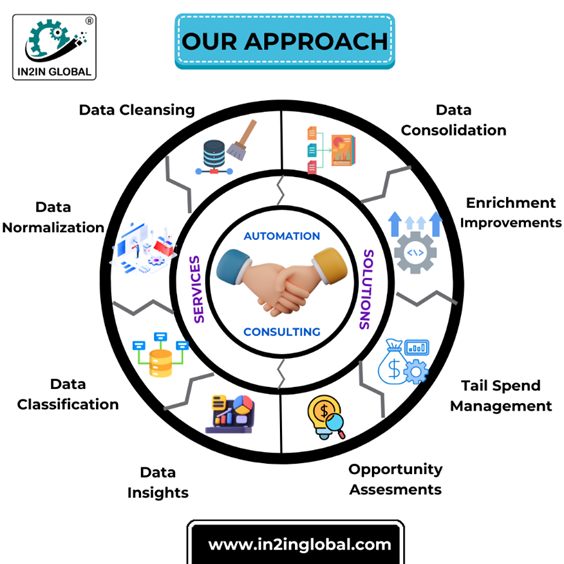"Unleashing the Power of How Data Analytics: help Businesses with Strategic Insights
In today's rapidly evolving digital landscape, businesses are increasingly turning to data analytics to gain a competitive edge. By leveraging data analytics, companies can transform raw data into actionable insights, enabling them to make informed decisions, streamline operations, enhance customer experiences, and ultimately drive growth. Here’s a closer look at how data analytics can significantly benefit businesses.
Informed Decision-Making
How data analytics help business How data analytics help business so here is the explanation One of the most profound advantages of data analytics is its ability to support informed decision-making. By analyzing data, businesses can identify trends, patterns, and correlations that might otherwise go unnoticed. This enables decision-makers to base their strategies on empirical evidence rather than intuition. For instance, retail companies can analyze purchasing patterns to optimize inventory levels, ensuring they meet customer demand without overstocking. Similarly, financial institutions can use predictive analytics to assess risks and make prudent investment decisions.
Enhanced Customer Experience
Understanding customer behavior and preferences is crucial for delivering a personalized experience. Data analytics allows businesses to gather and analyze customer data from various touchpoints, such as social media, website interactions, and purchase history. By doing so, companies can segment their audience and tailor their marketing efforts to meet the specific needs and preferences of different customer groups. This personalized approach not only enhances customer satisfaction but also fosters loyalty and encourages repeat business.
Operational Efficiency
Data analytics plays a pivotal role in improving operational efficiency. By analyzing data from various operations, businesses can identify bottlenecks, inefficiencies, and areas for improvement. For example, manufacturing companies can use data analytics to monitor equipment performance and predict maintenance needs, reducing downtime and extending the lifespan of machinery. Similarly, logistics companies can optimize delivery routes and schedules based on traffic patterns and delivery data, ensuring timely deliveries and reducing fuel costs.
Competitive Advantage
In a competitive market, staying ahead of the competition is vital. Data analytics provides businesses with the insights needed to understand market trends, identify opportunities, and anticipate changes. By keeping a close eye on competitors and industry developments, businesses can adapt their strategies proactively. For instance, a company can analyze competitor pricing strategies and adjust its own prices to attract more customers. Additionally, data analytics can help businesses identify emerging markets and trends, allowing them to expand their offerings and enter new markets with confidence.
Innovation and Product Development
Data analytics is a powerful tool for driving innovation and product development. By analyzing customer feedback, usage data, and market trends, businesses can identify gaps in the market and develop products or services that meet unmet needs. This data-driven approach to innovation ensures that new offerings are aligned with customer demands, increasing the likelihood of success. For example, a tech company can use data analytics to track how users interact with their products and identify features that need improvement or are highly valued, guiding future development efforts.
Cost Reduction
Cost management is a critical aspect of running a successful business. Data analytics helps businesses identify cost-saving opportunities by analyzing various aspects of their operations. For example, by examining procurement data, businesses can negotiate better deals with suppliers or identify more cost-effective sourcing options. Additionally, data analytics can help companies optimize their workforce by analyzing labor costs and productivity, ensuring that resources are allocated efficiently.
Risk Management
Every business faces risks, whether they are financial, operational, or strategic. Data analytics enables businesses to identify, assess, and mitigate risks more effectively. By analyzing historical data and using predictive modeling, businesses can forecast potential risks and develop strategies to address them proactively. For instance, insurance companies can use data analytics to assess risk profiles and set premiums accordingly, reducing the likelihood of significant financial losses.
Conclusion
In conclusion, how data analytics help business how data analytics help business so data analytics is an indispensable tool for modern businesses, offering a multitude of benefits that drive growth and success. From informed decision-making and enhanced customer experiences to operational efficiency and cost reduction, the power of data analytics cannot be overstated. By embracing data-driven strategies, businesses can not only stay competitive but also thrive in an increasingly complex and dynamic marketplace. As technology continues to evolve, the importance of data analytics will only grow, making it a key component of any successful business strategy.




Comments
Post a Comment